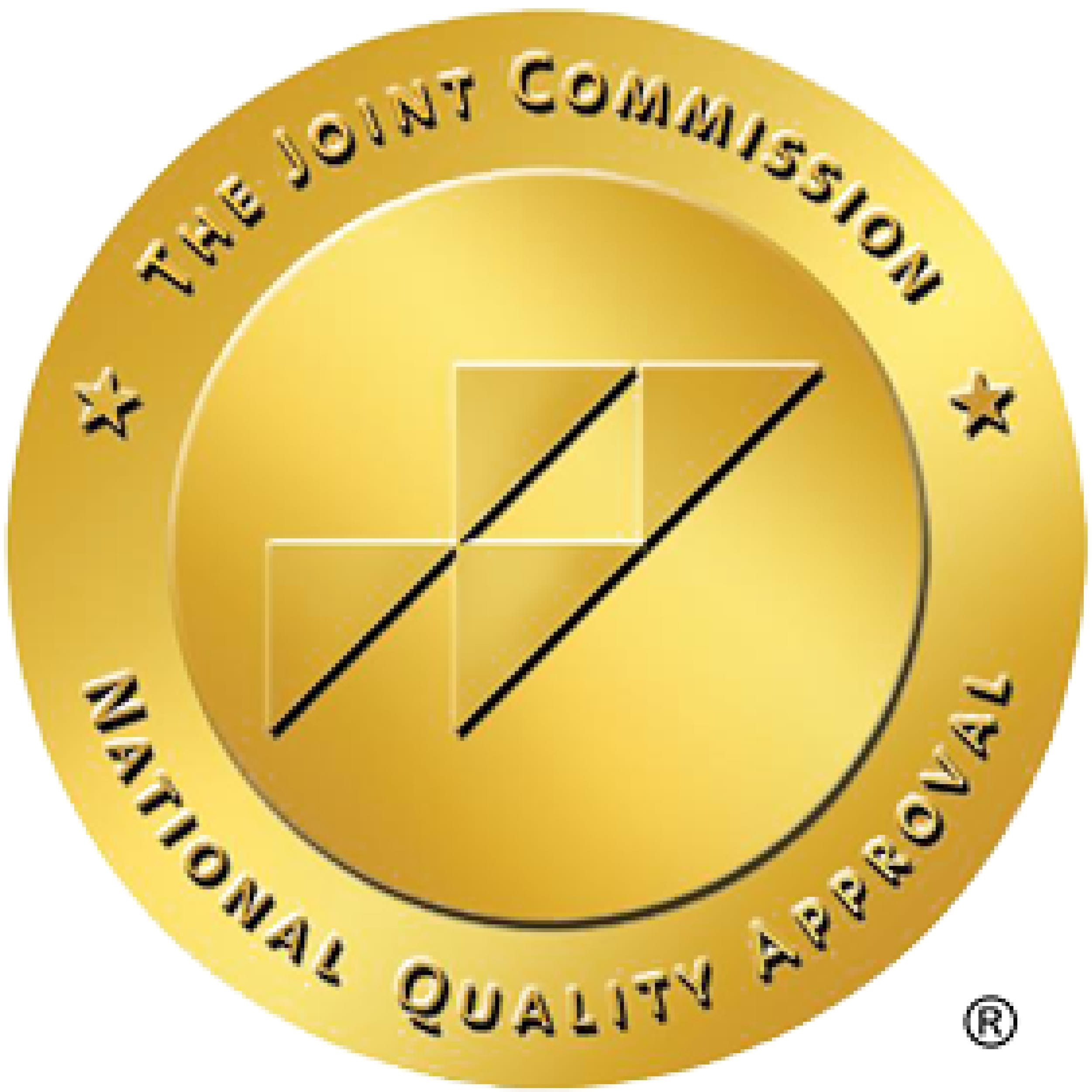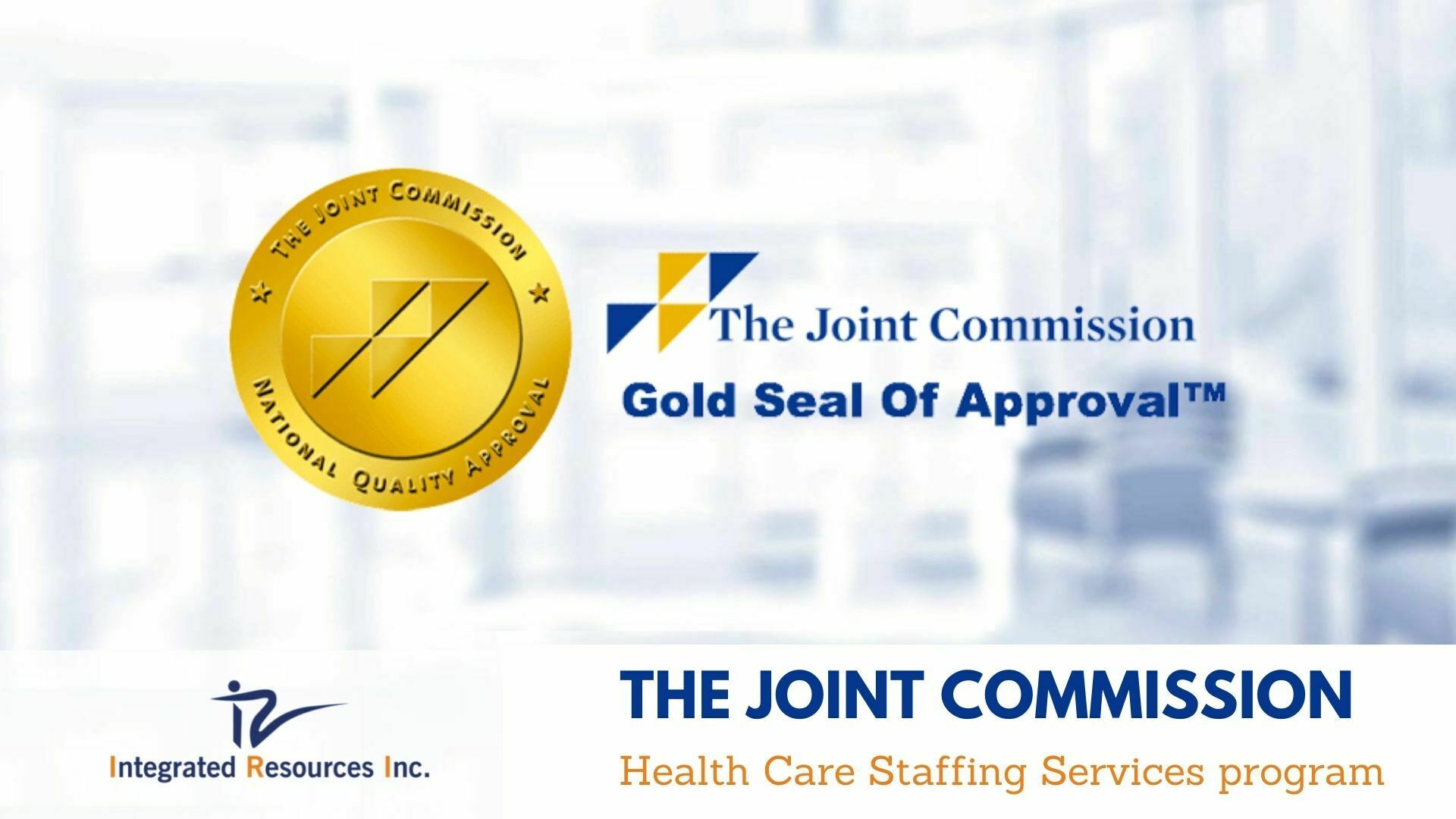Table of contents ▸
RPO, or Recruitment Process Outsourcing, is an essential strategy in today’s world that assists organizations in improving hiring efficiency, replacing vacant positions quickly, and drawing a more extensive scope of qualified talent. Though involving a third-party RPO provider often smooths and raises recruitment, assessing its effectiveness is much more than just satisfying the vacant positions. Companies must monitor some specific metrics that would indicate value, quality, and efficiency in their recruitment strategy to understand how effectively an RPO provider adds up to the organizational goals.
This article explores the key metrics driving the success of RPO. With this, businesses can monitor it better to evaluate its performance thus making informed decisions to optimize their recruitment outcomes.
Why Key Metrics Matter in RPO
When hiring organizations outsource their recruitment processes, they seek a lot more than the quicker filling of open positions. The right RPO provider should offer full-fledged recruitment process optimization, helping not only to fill open jobs but also to enhance the quality of hire, time to fill, and a more positive candidate experience. Those are key metrics by which they can evaluate those goals and understand the impact of an RPO on the bottom line of overall hiring performance.
It primarily ensures that RPO engages quality talent who contributes constructively to the growth of the company and its mission. Quality of hire should be tracked by performance measurements or retention rates so that, if the provider is hiring people who are not properly aligned with company expectations, this can be measured so there can be changes in time made accordingly.
Hiring Speed : Another advantage of RPO is the time to hire appropriate candidates. High-speed hiring reduces business interruption and enables teams to function at full capacity. The following metrics represent time-to-fill and time-to-hire measurements of how well the RPO provider can move the candidate through the recruitment pipeline.
Monitoring these and other key metrics allows companies to get a read on the RPO provider’s performance and where to do better.
Major RPO Metrics to Monitor
Time-to-Fill and Time-to-Hire
Time-to-fill and time-to-hire are very important metrics to measure how fast the recruitment process was. They indicate whether the RPO provider can control job requisitions, determine candidate qualifications, and make hires effectively on time.
- Time-to-Fill : This is a measurement of the time that transpires between posting the job and acceptance of the offer by the candidate. Generally, the shorter the time-to-fill, the more likely that the RPO provider has an identifiable and proactive recruitment pipeline in place, as well as adequate sourcing and screening techniques.
- Time-to-Hire : This refers to a more specific number that measures how long it takes before the candidate accepts the actual job offer. The longer this period, the higher the inefficiency of the RPO in dealing with this interviewing and selection process of the most significant areas in any competitive market for jobs.
Quality of Hire
Quality of hire is one of the most telling metrics for understanding RPO effectiveness. This metric captures the long-term impact of recruitment on organizational performance. Better hires contribute more constructively to company goals and tend to have higher retention rates with consequent lower future hiring needs.
- Performance Ratings : Most organizations assess the performance of the newly recruited employees after a preliminary period that is normally six months to a year. A positive rating related to performance among the recruits attained through the RPO service provider would be a strong proof to demonstrate that they meet and fulfill the company expectations in the right way.
- Retention Rates : How long new hires stay with a company is a retention metric, pointing to their satisfaction and cultural fit. A high retention rate means successful recruitment. If the retention rate is low, there might be misalignment in hiring or onboarding practices.
Candidate Experience
RPO providers affect recruitment both in terms of how effective the recruitment process has become and how candidates will view the hiring process. Enhanced candidate experience can lead to acceptance levels, better employer brands, and even increased customer retention through customers who are possibly former candidates for the company as consumers of its products and services.
- Net Promoter Score (NPS) : It measures candidate sentiment, in other words, whether they would recommend an organization based on their application and interview experience. A high score is something good regarding the perception of the hiring process, while a bad score may indicate issues that have to be addressed.
- Candidate Satisfaction Surveys : This will reveal more about the candidate experience – from the effectiveness of communication to whether the interview process is just and professional. Feedback gathered from this will enable the RPO provider to adjust in terms of what the candidates want.
Cost per Hire
A related measure RPO gives in finance metrics is the cost-per-hire, which captures the cost of a recruit. It is often compared with advertising and agency costs and resources spent during onboarding. Most firms care about how they would effectively balance the cost incurred while ensuring that quality levels at the hiring stage are of reasonable standards. Therefore, if an RPO delivers lower costs without impacting hire quality, it’s well-positioned as a solid return on investment value.
- Cost-Effectiveness: A decrease in the cost per hire with either an improvement or maintenance of quality is an efficient Recruitment Process Outsourcing provider. This metric pressures the RPO to process optimization, eliminate steps that are not necessary, and negotiate better rates on advertising platforms or job boards, thus saving the organization money.
Hiring Metric’s Diversity
Today, diversity remains one of the strongest factors in deciding a workplace’s destiny and innovative possibilities in a competitive environment. An RPO provider can back an organization in attaining that organization’s diversity goals through the adoption of recruitment methodologies that seek to attract talent from broad categories of individuals.
- Diversity Ratios : This measure analyzes the character of the hires, and whether RPO-based recruitment supports business diversity initiatives. Continued diversity achievement would suggest that a company is serious about hiring inclusively and the RPO services company is indeed committed to diverse workforce building.
A successful Recruitment Process Outsourcing (RPO) partnership adds measurable value to your hiring strategy. By focusing on critical KPIs such as time-to-fill, quality of hire, candidate experience, cost per hire, and diversity hiring, organizations can clearly evaluate the impact of their RPO provider on overall recruitment performance.
Regularly tracking these metrics helps optimize results, enhance strategic alignment, and build a more agile and effective hiring pipeline.
Ready to improve your hiring outcomes with a data-driven RPO strategy? Connect with us today to discuss how we can support your recruitment goals.
Follow us on Social Media: LinkedIn | Facebook | Twitter | Instagram | YouTube












